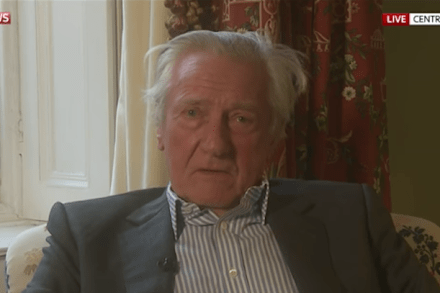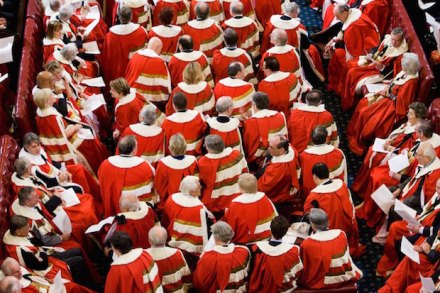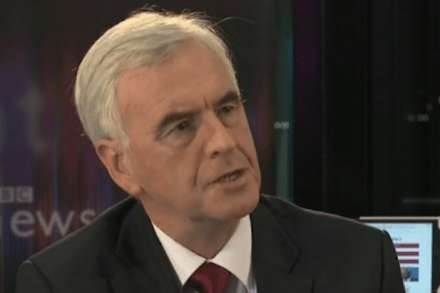International Women’s Day: Lord Heseltine mansplains to Theresa May
Given that Theresa May is known to take issue with anything she perceives to be ‘mansplaining’, men are well-advised to refrain from speaking in a condescending manner when in the Prime Minister’s presence. But Lord Heseltine appears to hold no such qualms. After receiving the sack from the government over his Lords rebellion on the Article 50 bill, Michael Heseltine appeared on Sky News to put forward his side of the story. Alas, while explaining that he had never met May, the Conservative peer hit a bum note when he described Brexit as a ‘man-sized job’: ‘I don’t in any way criticise her for this, she’s got a man-sized job to do




















